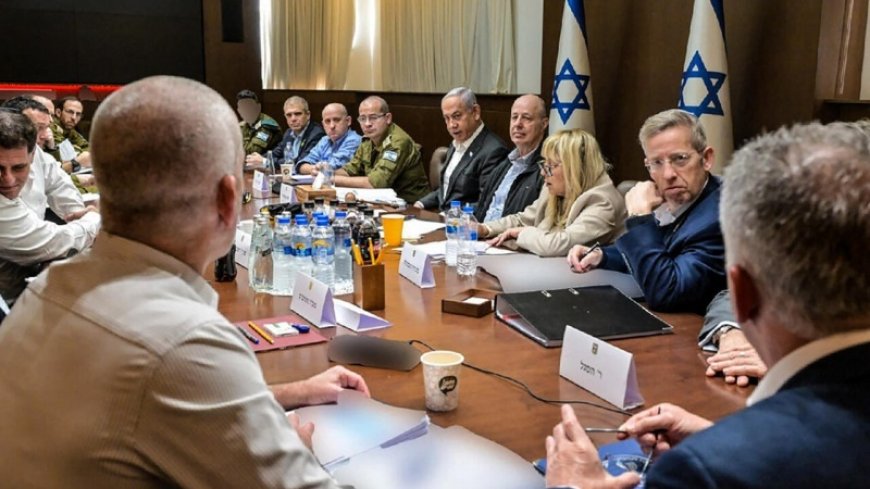Will the Zionist regime maintain the ceasefire?
Despite the ceasefire in Gaza and the prisoner exchange, there are still serious doubts that the Zionist regime will not adhere to the agreement, especially given the fact that Trump has come to power. Given this concern, the majority of speakers at the recent UN Security Council meeting stressed the need to stabilize the ceasefire agreement in Gaza.

Despite the ceasefire in Gaza and the prisoner exchange, there are still serious doubts that the Zionist regime will not adhere to the agreement, especially given the fact that Trump has come to power. Given this concern, the majority of speakers at the recent UN Security Council meeting stressed the need to stabilize the ceasefire agreement in Gaza.
Furthermore, the international community must prioritize preserving UNRWA’s mandate and ensuring stable and predictable funding to support Palestine refugees. It is also necessary to address the escalation of violence in the West Bank, including attacks by settlers, which poses a serious threat to peace and security and requires urgent and decisive action.”
China's Permanent Representative to the UN Fu Kong stressed at the Security Council meeting that over the past 15 months, the Gaza Strip has been subjected to heavy bombardment, during which more than 46,000 people have been killed, 2 million people have been in a humanitarian crisis, and the region has been destabilized. He noted that the establishment of a ceasefire is the first step, and that the international community must increase its efforts to address several fundamental issues, including a permanent cessation of hostilities in Gaza and the reduction of the humanitarian crisis in the strip.
These statements prove that although Israel's ruling right-wing cabinet was forced to accept the ceasefire under pressure from the Resistance, there is no guarantee that it will adhere to the agreement after the prisoners are released. Especially considering that signing the ceasefire is considered a defeat for Israel and for Netanyahu personally. And some experts even note that this decision brought Netanyahu's cabinet to the brink of collapse.
At the same time, residents of the occupied territories and numerous political, military, and media figures are protesting the agreement, considering it a defeat for Israel and a victory for the Palestinian Resistance.
During the 15-month-long war in Gaza, Israel has repeatedly stated that it intends to destroy Hamas and the Gaza Resistance, release Israeli prisoners by force rather than by agreement, and evacuate the Gaza Strip, or at least the northern part, and build settlements there for the Zionists.
Tel Aviv has agreed to a phased prisoner exchange. According to this agreement, international aid will be provided to Hamas, which will be responsible for its distribution.
Israel has also agreed to withdraw its forces from Gaza. In reality, accepting a ceasefire agreement with Hamas means admitting defeat to the will of the Resistance, which has demanded a prisoner exchange, the withdrawal of the occupiers from the Gaza Strip, and the facilitation of access to international aid.
Another factor that has contributed to doubts about Israel's commitment to fully implementing the ceasefire agreement is the rise of Trump in the United States. New US President Donald Trump, while signing executive orders at the White House, said that he was not confident that the ceasefire in the Gaza Strip could be maintained.
Earlier, Trump's envoy to the region, Steve Witkoff, stated: "The Gaza agreement was difficult, but its implementation may be even more difficult."













































